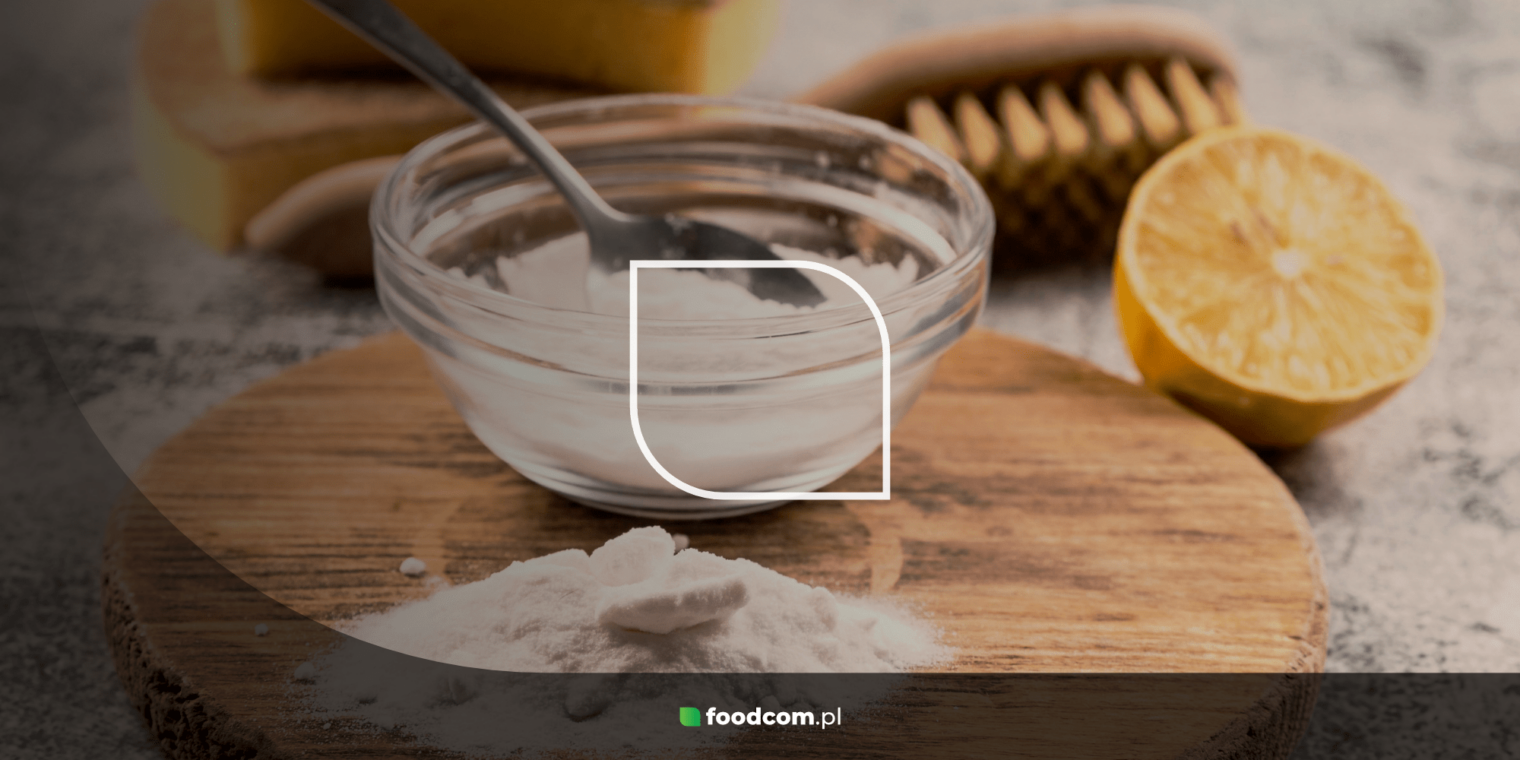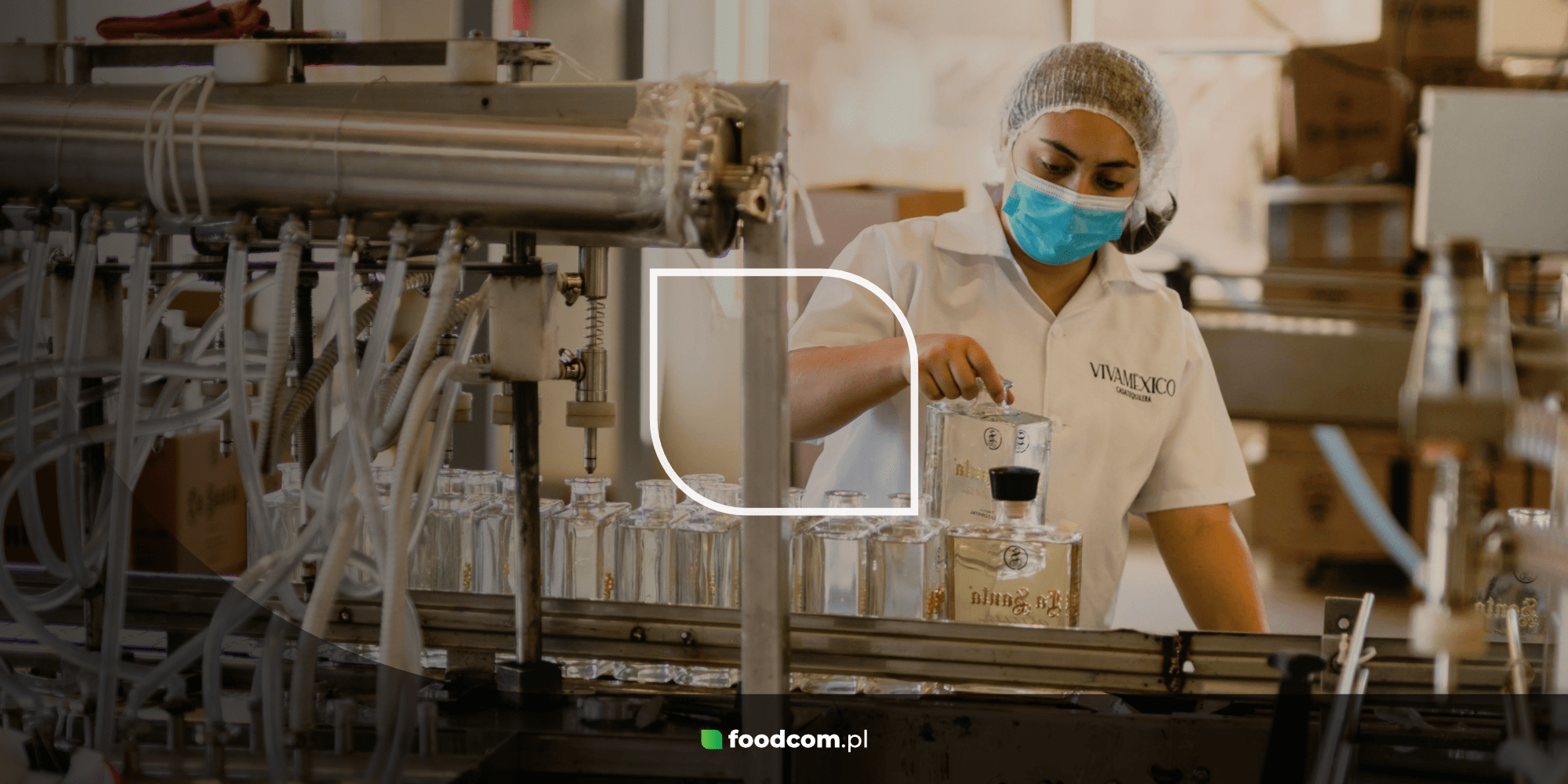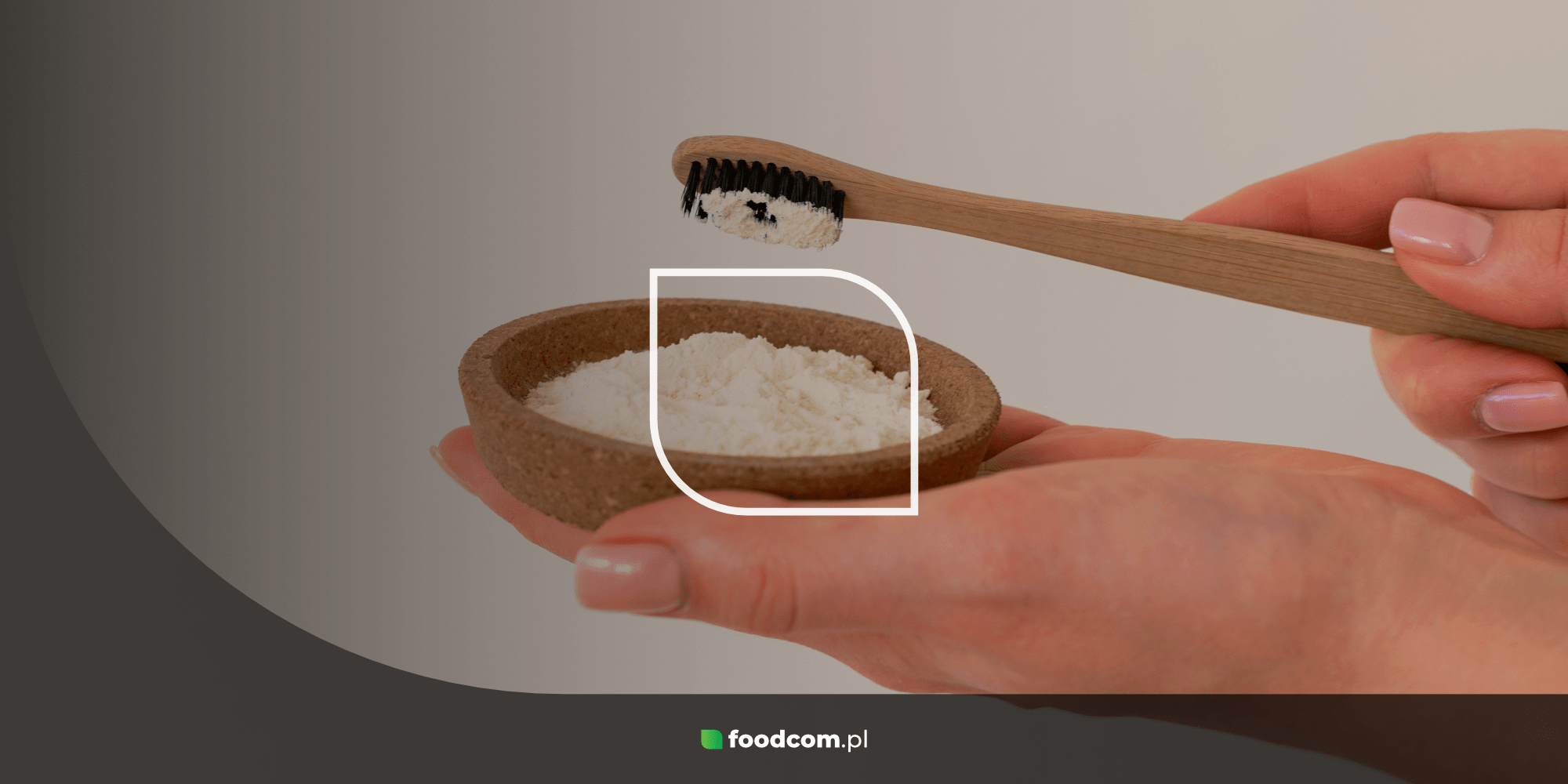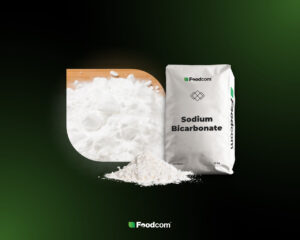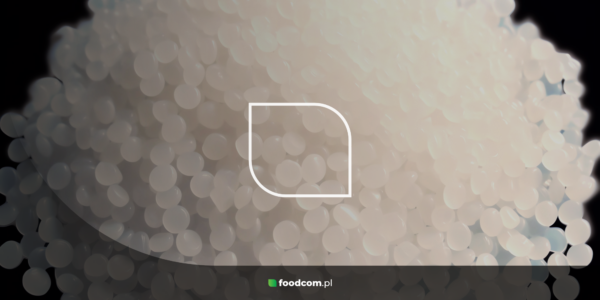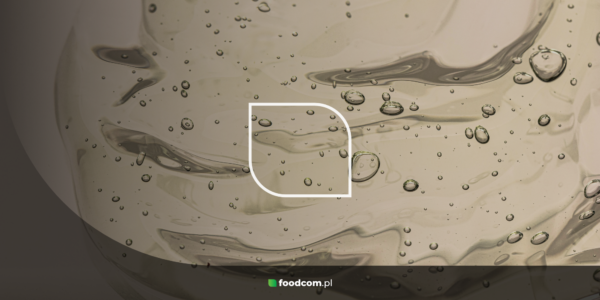- Baking soda (sodium bicarbonate) has versatile applications, including in homes, food, chemical, pharmaceutical and cosmetic industries.
- The carbon dioxide produced gives baking soda its fluffing and foaming properties, and its acid-neutralizing action makes it used in many industrial processes.
- The Solvay method is the most common way of producing sodium bicarbonate, and is used to produce a pure raw material for various industries.
- Thanks to its low toxicity, baking soda is used in environmental protection, neutralizing acids in water and industrial gas purification processes.
Baking soda, also known as sodium bicarbonate (NaHCO₃), is a substance with extraordinary properties and a wide range of applications not only in our homes, but also in various industries. It plays a key role in chemical production, the manufacture of cosmetics, in pharmaceuticals and in the food industry. In this article, we take a closer look at its properties, production methods and industrial applications.
Properties of baking soda
Baking soda, professionally referred to as sodium bicarbonate or sodium acid carbonate, is an inorganic compound from the bicarbonate group, chemically a hydrogen salt of carbonic acid and sodium. The chemical formula of the compound is NaHCO₃, indicating the presence of sodium, carbon, hydrogen and oxygen in the baking soda molecule.
Baking soda occurs as a white crystalline powder that dissolves well in water. The compound is weakly alkaline, which means that in aqueous solution it acts as a buffer, stabilising the pH between slightly acidic and neutral. These properties make NaHCO₃ an extremely valuable ingredient in many industrial processes.
Sodium bicarbonate is also distinguished by its ability to decompose thermally. When exposed to temperatures above 50°C, it is converted to sodium carbonate, giving off carbon dioxide (CO₂) and water. This reaction is crucial in many technological applications, as it gives soda its fluffing and foaming properties. Similarly, the reaction with acids results in their neutralisation and the release of carbon dioxide and water.
Production of sodium bicarbonate
The production of baking soda is mainly by the Solvay method. Soda obtained in this way is sometimes called soda ash because of the use of ammonia as an auxiliary raw material in the process. The main raw materials, however, are calcium carbonate and rock salt, or sodium chloride. The process results in a sodium bicarbonate precipitate, which is then purified, dried and ground to the desired form.
An alternative method of producing baking soda is the chemical reaction of caustic soda (sodium hydroxide) with carbon dioxide in an aqueous medium. This process is used less frequently, mainly in regions where access to sodium carbonate is limited.
Foodcom S.A., a leader in the chemical raw materials market, provides high-quality sodium bicarbonate that meets all strict industry standards.
Industrial use of baking soda
The wide industrial use of sodium bicarbonate is due to its unique chemical and physical properties. Here are the most important areas where baking soda plays a key role.
Food industry
In the food industry, NaHCO₃ is used as an ingredient in food additives known as texturisers, which are responsible for improving the texture of products. Baking soda is designated as an additive in the European Union with the symbol E500.
Sodium bicarbonate is also used to regulate the pH in food preparations, which affects the shelf life and safety of products. This compound is also an indispensable raw material in the production of baking powders – its ability to release carbon dioxide allows the dough to fluff up and produce a fluffy texture in baked goods.
Cosmetics industry
Baking soda has found extensive use in cosmetics, where its cleansing and exfoliating properties are exploited. Sodium bicarbonate is an ingredient in toothpastes and mouthwashes, where it acts as a gentle abrasive to help remove deposits and stains, as well as an anti-corrosive and antiseptic. It is also present in bath preparations, deodorants and facial masks, helping to cleanse the skin and acting as a soothing agent.
Medicine and pharmacy
In pharmacy, baking soda is used as a stomach acid neutraliser in heartburn preparations and as an ingredient in effervescent tablets. Its buffering properties also allow it to stabilise the pH of other medicines, which is crucial for their efficacy and safety. Sodium bicarbonate is also used in topical anaesthetics and mouth and throat rinses, as it has a disinfectant effect and reduces inflammation.
In addition, sodium bicarbonate in the form of an intravenous solution is used for certain poisonings (e.g. methyl alcohol, tricyclic antidepressants) and for hypercalcaemia. Baking soda is also encountered as an ingredient in sports supplements to improve muscle endurance and performance during short-term, intense activities.
Chemical industry
Sodium bicarbonate is commonly used in chemical processes as an acid neutraliser and carbon dioxide source. It is an ingredient in many chemical synthesis reactions, being used especially in the production of dyes, detergents and polymers.
Environmental protection
Thanks to its low toxicity and biodegradability, baking soda is also used in wastewater, water and industrial gas treatment processes. The compound is also used in industrial flue gas purification systems, where it effectively neutralises acids such as sulphur dioxide (SO₂) or hydrogen chloride (HCl).
Other applications
Sodium bicarbonate is also used in the manufacture of ceramic and refractory materials, where it acts as a flux, lowering the melting point of raw materials. This saves energy and improves the properties of the final products.
Baking soda is also used in the manufacture of certain fireworks, certain types of fire extinguishers, as well as cleaners and mild disinfectants and odour removers, such as air fresheners. In these types of products, soda acts as an active filler to raise the pH and increase the performance of the product.
Sodium bicarbonate can have a negative effect on fungal growth, which is why it is sometimes used in agriculture. In animal husbandry, the compound is used as a dietary supplement for cattle, particularly as a buffering agent for ruminants.
Baking soda, or sodium bicarbonate (NaHCO₃), is an extremely versatile chemical compound that is used in many industries. Its physicochemical properties, such as its ability to regulate pH, neutralise acids or generate gases, make it an indispensable ingredient in the food, chemical, cosmetic and pharmaceutical industries.


